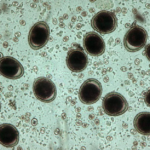What are all these lab tests, and why are they necessary?
Chemistry may remind you of your least favorite subject in school, or it might sound like a science experiment. To your veterinarian, a “Chemistry Panel” can provide a LOT of valuable information! Here are a few common lab tests that might be recommended by your veterinarian, and why they are important to the health of your pet.
- Chemistry Panel: this panel tells us about glucose, kidney values, liver values, protein levels, and electrolytes.
— From this, we could potentially catch diseases from diabetes to kidney disease before your pet even shows signs of illness! 
— Some bloodwork is useful for finding new diseases, and some bloodwork is needed for monitoring medications and chronic diseases.
— A fresh blood sample is required for this test
- Complete Blood Count (CBC): this panel tells us about white blood cell count, red blood cell count, and platelet count.

 — from this panel we can catch infection, anemia, and other conditions. It is also very helpful to know trends in these values from year to year!
— from this panel we can catch infection, anemia, and other conditions. It is also very helpful to know trends in these values from year to year!
— from this panel we can catch infection, anemia, and other conditions. It is also very helpful to know trends in these values from year to year!
— A fresh blood sample is required for this test
- Heartworm Test: this is a test for canine heartworm disease (a blood parasite)
 — although heartworm disease is less common than some other parasitic infections, we are seeing an increasing rate of infections in our area.
— although heartworm disease is less common than some other parasitic infections, we are seeing an increasing rate of infections in our area. 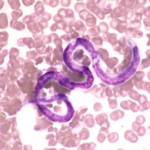
— Luckily, heartworms are highly preventable. It takes 6 months from the time of the mosquito bite for the test to be positive, which is one reason why yearly heartworm testing is the best way to catch an infection.
— a heartworm test is recommended prior to starting heartworm preventative and annually to assess for prevention failure.
— A fresh blood sample is required for this test
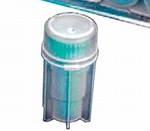 — most intestinal parasites can be transmitted to people and to other pets, so it’s a great idea to catch infection early and treat before allowing too much opportunity for spread!
— most intestinal parasites can be transmitted to people and to other pets, so it’s a great idea to catch infection early and treat before allowing too much opportunity for spread!
— pets who are losing weight, having diarrhea, or vomiting may need to have a stool sample checked.
— A fresh stool sample is recommended for this test
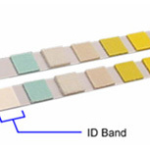 — from this test we can monitor for signs of endocrine diseases, such as diabetes, kidney disease, and urinary tract infection. We can also monitor urine concentration.
— from this test we can monitor for signs of endocrine diseases, such as diabetes, kidney disease, and urinary tract infection. We can also monitor urine concentration.
— A fresh urine sample is required for this test
— There are several ways to go about collecting a sample. Your veterinarian can discuss these options with you!
- Thyroid testing: this test examines for inappropriate amount of thyroid hormone
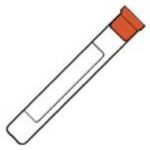 — dogs are more prone to hypothyroidism, while cats are more prone to hyperthyroidism.
— dogs are more prone to hypothyroidism, while cats are more prone to hyperthyroidism.
— a hyperthyroid cat will lose weight rapidly, and can have secondary complications such as heart disease.
— a hypothyroid dog will gain weight, and can have secondary complications such as panting, skin disease, and muscle weakness.
— A fresh blood sample is required for this test
The tests listed above are our most frequently requested tests. Other tests may be indicated, but are not routinely run on each patient. Lab work can sound intimidating, but is an important part of routine health care for our cats and dogs!


